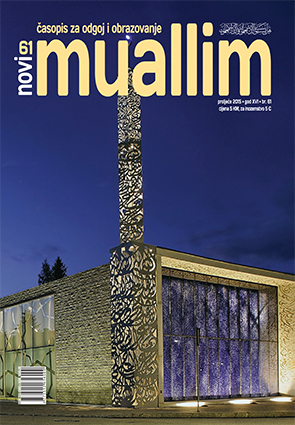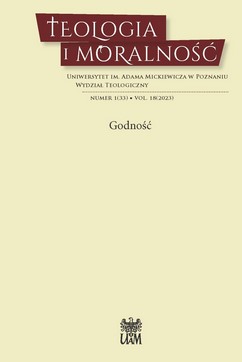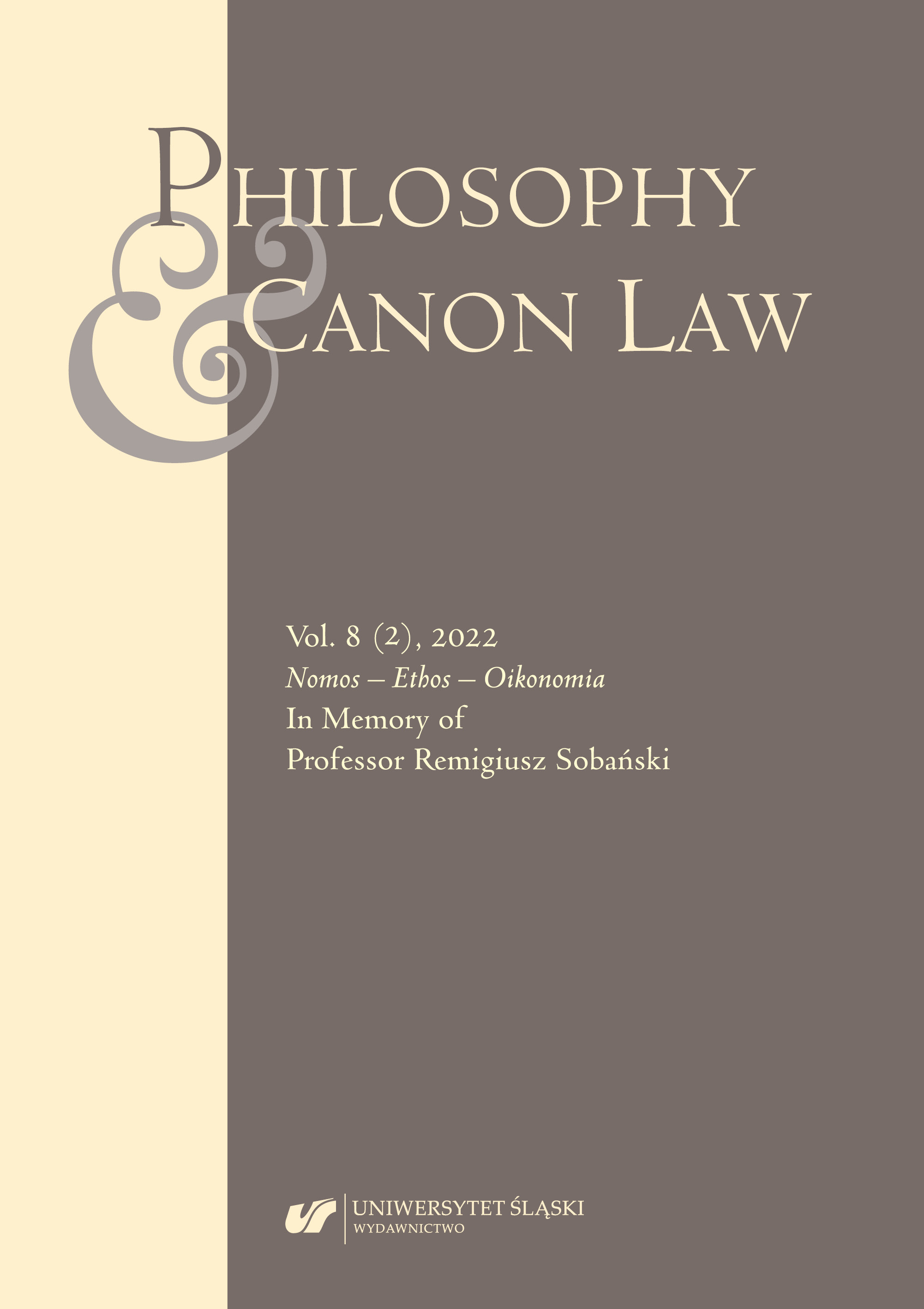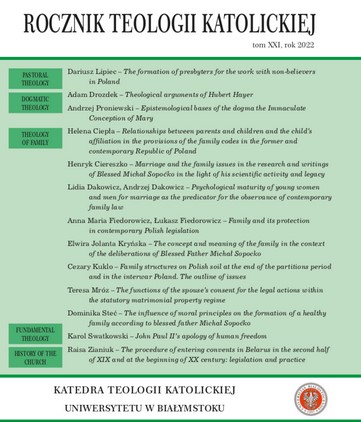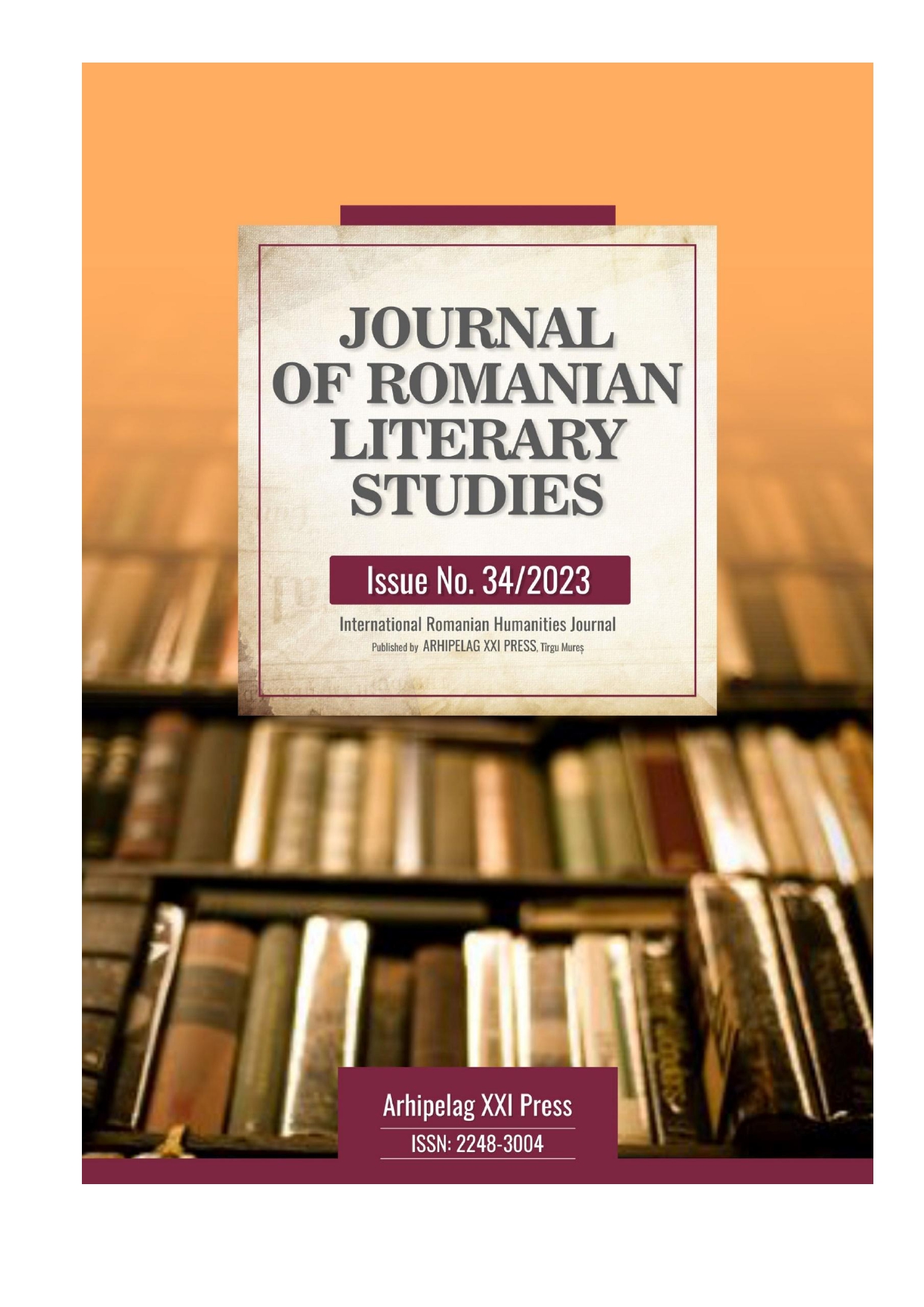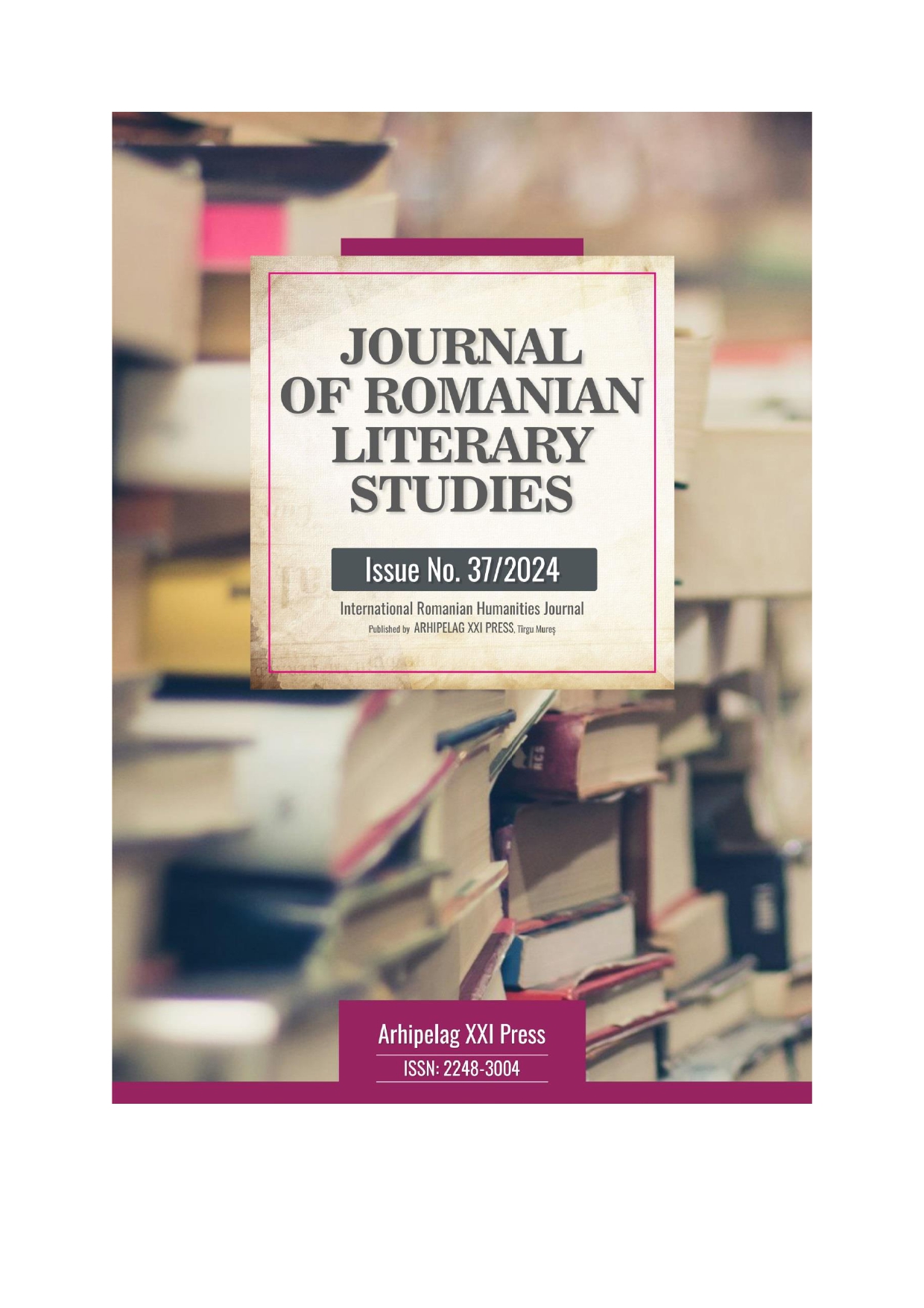Author(s): Ştefan Lifa,Alexandru Fodor / Language(s): French
Issue: 34/2023
Our study includes, for the most part, aspects concerning the genesis and the evolution of the way of life of the Daco-Roman population in the first millenium. This corresponds directly to the spiritual specificity of the population we are talking about, an idea to which we have tried to relate permanently. The missionary work in the Balkan Peninsula, Macedonia, Greece, Illyricum, among other regions, is due to Saint Paul, a true apostle of the peoples, and his disciples. With regard to the territory located between the Carpathians, the Danube and the Euxin Bridge, it is considered that the work of evangelization, at least for Scythia Minor, would have belonged to the Holy Apostle Andrew. Opinions that attempt to identify the Scythia of literary sources with the Scythia Major do not stand up to more detailed analysis and cannot be consistent with the reality found on the ground. But it is true that the Byzantine historians kept, until late in the Middle Ages, the ancient names and, then, the recourse to Scythia is not out of place. It is very unlikely that the Apostles present in the New Testament and in the patriotic scriptures traveled through all the provinces, spreading the Gospel in a time when Jacob, the brother of Jesus Christ and the head of the Church of Jerusalem, did not want to see it spread among the ,,peoples”; Paul, on the other hand, wanted it, and the others – John, Peter – had doubts about it. It is even possible that the other apostles, with the exception of Paul, thought only of the Jews. The new religion also had a different status in the Empire in the various periods. Some emperors persecuted their followers, others (like Gallienus, etc.) were very tolerant. The permanent relations with the Empire and its influences, the contact of Christian missionaries and refugees with the native population, the special conditions of the former province played an important role. Christian communities have become more and more numerous and powerful. An important contribution to the spread of the new religion in the northern Danubian regions was made also by the captives taken from the Empire. Probably the best known of the South Danubian missionaries was Wulfila. Wulfila, bishop of the Christians of the country of the Goths, also propagated among the Daco-Roman natives. The persecution begun by Athanaric forced Wulfila to flee south of the Danube, but contact with the land of the Goths continued. He remained an intermediary between the Goths and Emperor Valens.
More...
